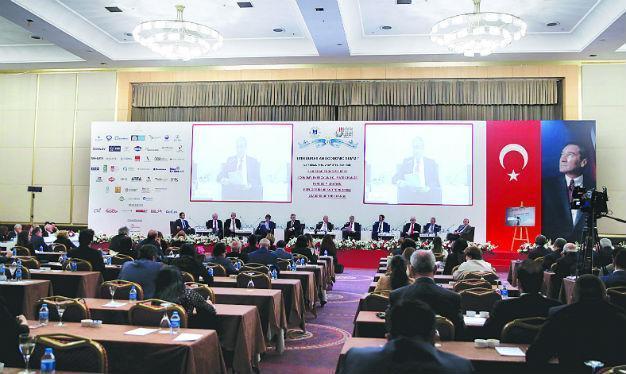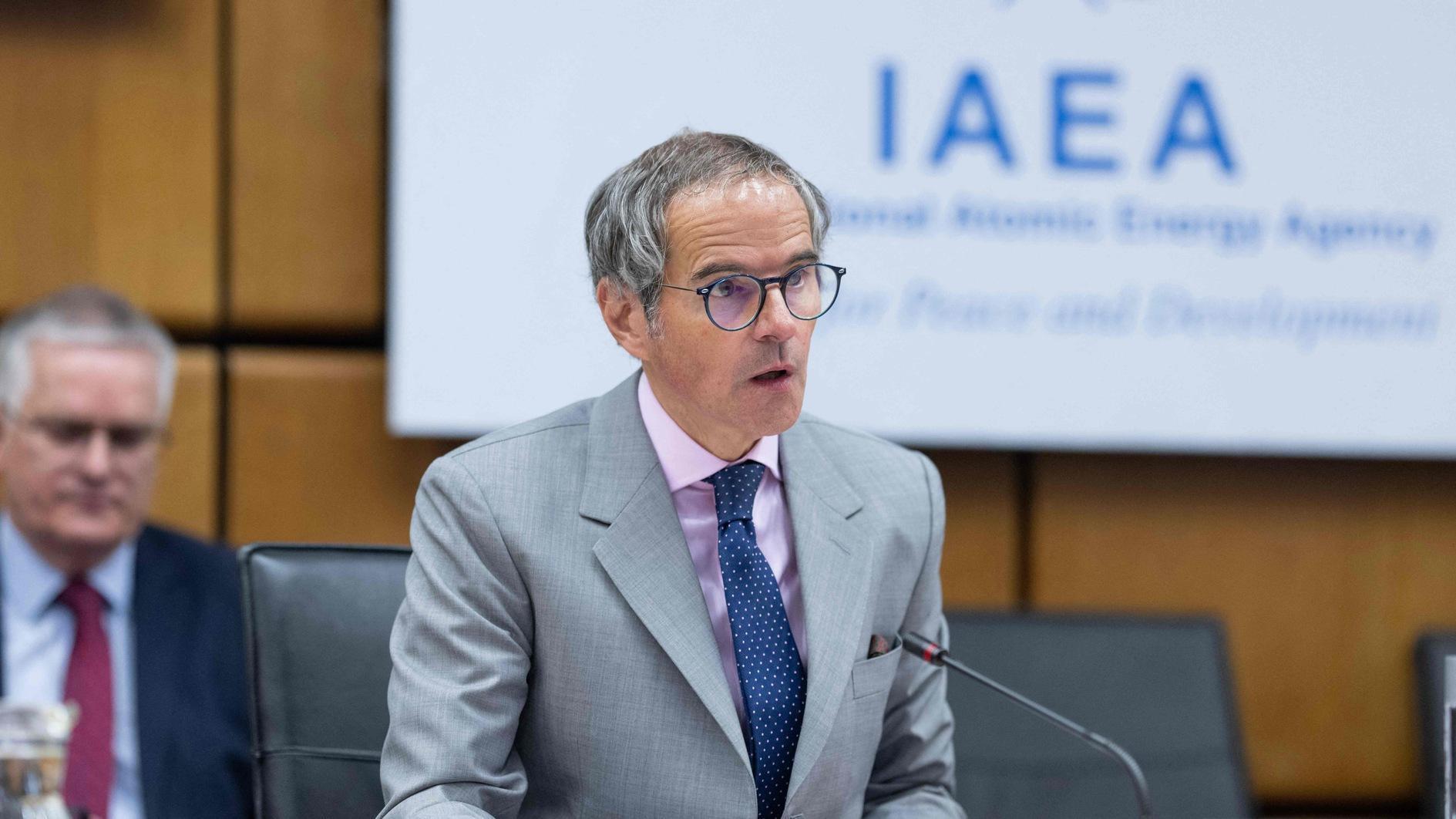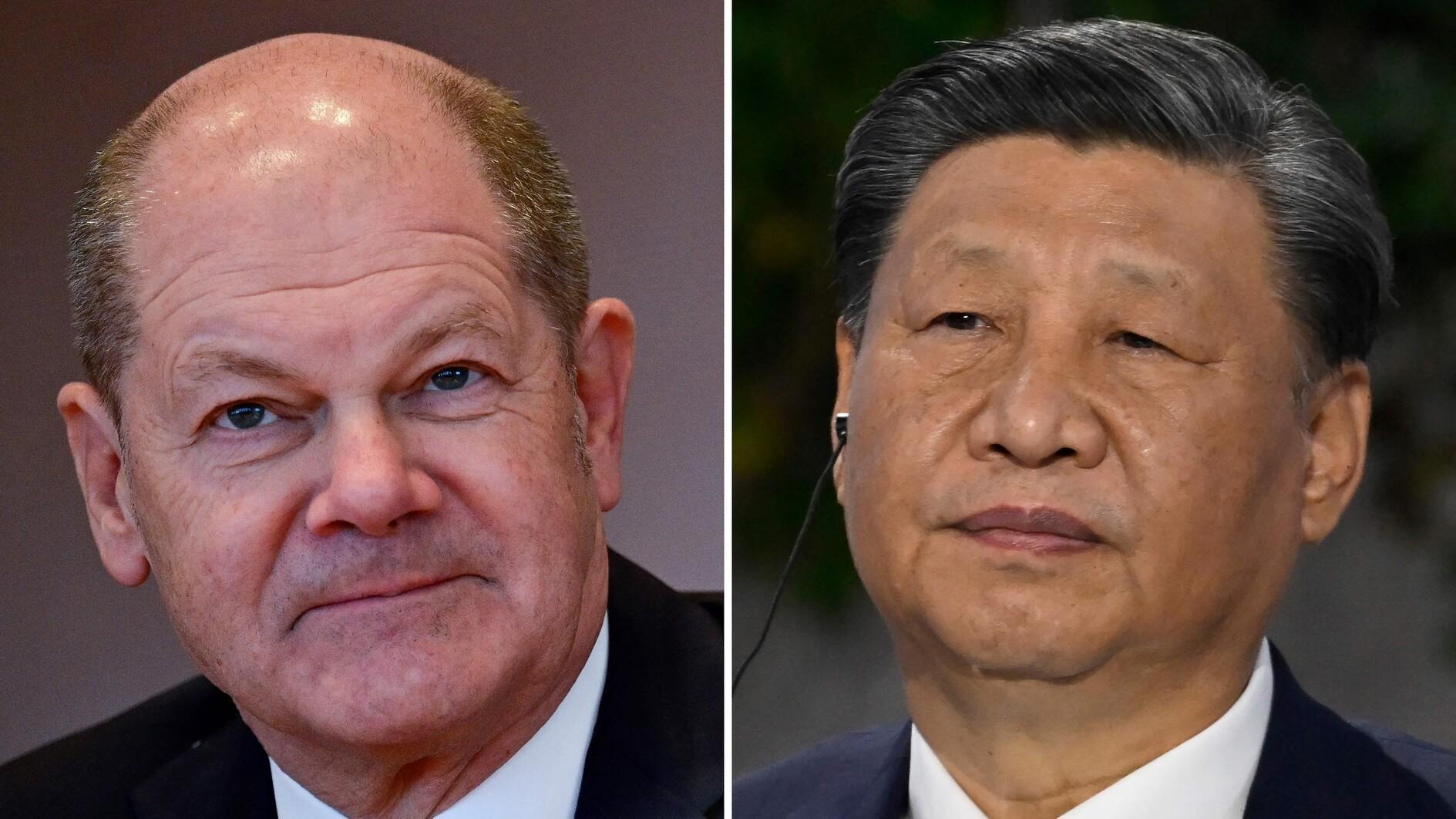Leaders of region discuss war and peace in summit closure

AA photo
The 19th Eurasian Economic Forum was concluded by a more than fruitful presidential session which brought together positive ideas in a melting pot of efforts for peace and prosperity.Current and former heads of state also expressed their ideas that the world was not going back to the Cold War era but rather that a new age was beginning.
“Fear and intimidation by non-state actors have introduced even greater instability,” than during the Cold War era, Gjorge Ivanov, the president of Macedonia, said yesterday. Ivanov gave a recent example that took place on the border of Macedonia with Greece.
On March 14, Ivanov said, thousands of migrants entered Macedonia through the country’s southern border of Idomeni. Among the migrants, there were more than 70 journalists and activists, who not only broadcasted the event live but also helped the migrants cross the border. “Idomeni was where the state-and non-state actors clashed,” he said.
Marinko Cavara, the president of Bosnia and Herzegovina, said even though there was much information floating around in today’s world, the future was still unpredictable. He added there was more negative information than positive predictions on how the future would be.
Turkish Cypriot President Mustafa Akıncı said nowadays a conflict in one country or among two countries not only affected the directly involved parties, but also other actors in the international arena. Petru Lucinschi, the former president of Moldova, said that in order to solve the two main problems - the refugee crisis and ongoing armed conflicts - that the world faces today, the EU countries, the U.S. and Japan needed to come together, form a fund, go to the countries people were fleeing and directly invest there to create jobs, improve infrastructure and establish universities.
As for a solution to armed conflicts, Lucinschi said the U.N. needed to be fortified with armed forces and these forces should interfere where intervention was required.
“The U.N. has lost its skeleton, its bones,” he said.
Akkan Suver, the president of the Marmara Group Foundation which organized the summit, said that if the U.N. secretary-general was chosen from the Eurasian region, then he wished that peaceful days would soon be seen. “Peace is not only for politicians and academics to reach, but also for religious leaders to contribute to the process, and thus this is why leaders of various beliefs were represented and were invited to hold speeches at the 19th Eurasia Economic Summit,” he said.
“Is this the world, where do we want to live and bring our children up?” asked Bamir Topi, the former Albanian president. “This is a question that nowadays is part of political, economic and social discourses,” he said.
Former Latvian President Valdis Zatlers, former Croatian President Ivo Josipovic, former Mongolian President Natsagiin Babagandi, former Croatian President Stjepan Mesic and former Romanian President Emil Constantinescu also delivered speeches which focused on global and regional peace.
















